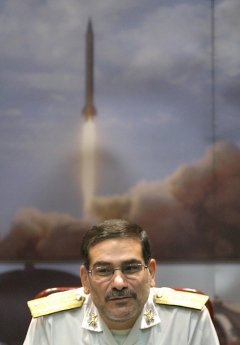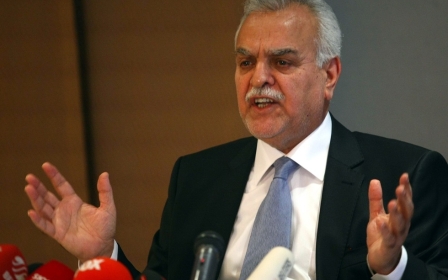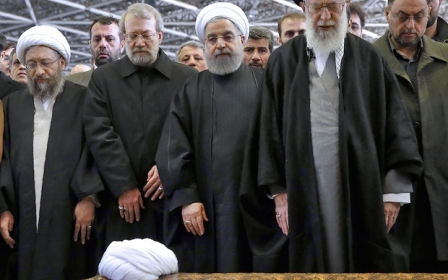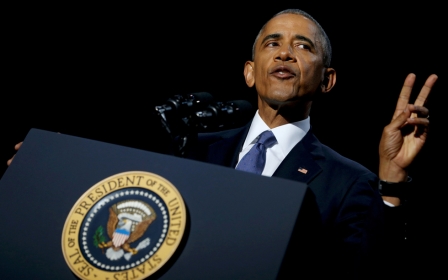Iran: We want to protect, not topple, Saudi Arabia, says security chief
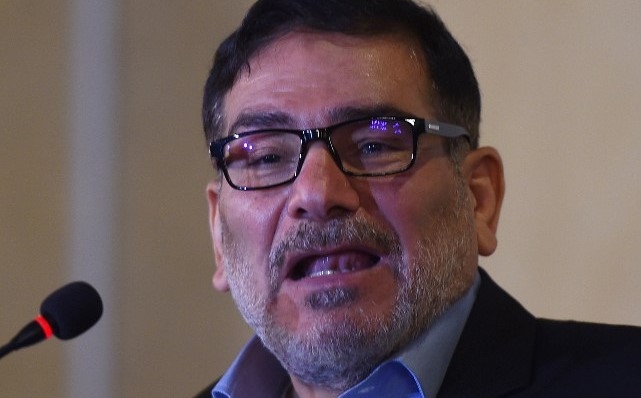
Iran does not seek the fall of Saudi Arabia or its royal family, rather it seeks to protect it for fear of what might replace it, according to one of Tehran’s top security figures.
“The fall of the House of Saud would not mean that the alternative would be any better,” Ali Shamkhani said earlier this week.
Shamkhani is the secretary of Iran's Supreme National Security Council which oversees international coordination on the Syrian war, and made his comments in an interview with Tehran Foreign Policy Studies Quarterly Journal.
“Rather, it is very likely that it would lead to divisions within Saudi Arabia and to the dominance of the debased extremist ideology of ISIS over large parts of Saudi Arabia,” he said.
Iran is currently involved in conflicts in in Syria, Iraq and Yemen, and plays a major role in the politics of Lebanon.
Regarding Saudi’s role in the region, he said: “Unfortunately, we see that the regional policies of Saudi Arabia’s rulers in Syria and Yemen have helped terrorist groups and strengthened them.”
His comments were echoed by Syria's foreign minister in a TV interview on Wednesday, who said Gulf states could have a role in talks on the country's future if they ceased support for rebel groups in Syria.
"Once Qatar and Saudi Arabia halt their support for terrorism we will discuss the matter of their participation in the talks," Deputy Syrian Foreign Minister Faisal Meqdad was quoted as saying by the Lebanon-based TV station Al-Mayadeen.
No America in Astana
"We are hostile to their presence and we have not invited them," said Javad Zarif, Iran's foreign minister, according to the Tasnim news agency late on Tuesday.
That goes against the position of the other two organisers of the talks - Russia and Turkey - which have said the new US administration of Donald Trump should be represented in Astana on Monday.
Russia, the most powerful ally of President Bashar al-Assad, set the new diplomatic effort in motion after the Syrian opposition suffered a major defeat last month when it lost the rebel-held districts of eastern Aleppo.
Next week's talks, scheduled for 23 January in the Kazakh capital, aim to bring together representatives of the Syrian government and rebel groups, and mark the first time since the conflict began in 2011 that the US has not been at the centre of peace negotiations.
Shamkhani also confirmed on Wednesday that Iran had refused to invite the US.
"There is no reason for the United States to participate in the organising of political initiatives in the Syrian crisis and it is out of the question that they should have a role in the Astana negotiations," he said, according to the official IRNA news agency.
Middle East Eye propose une couverture et une analyse indépendantes et incomparables du Moyen-Orient, de l’Afrique du Nord et d’autres régions du monde. Pour en savoir plus sur la reprise de ce contenu et les frais qui s’appliquent, veuillez remplir ce formulaire [en anglais]. Pour en savoir plus sur MEE, cliquez ici [en anglais].



